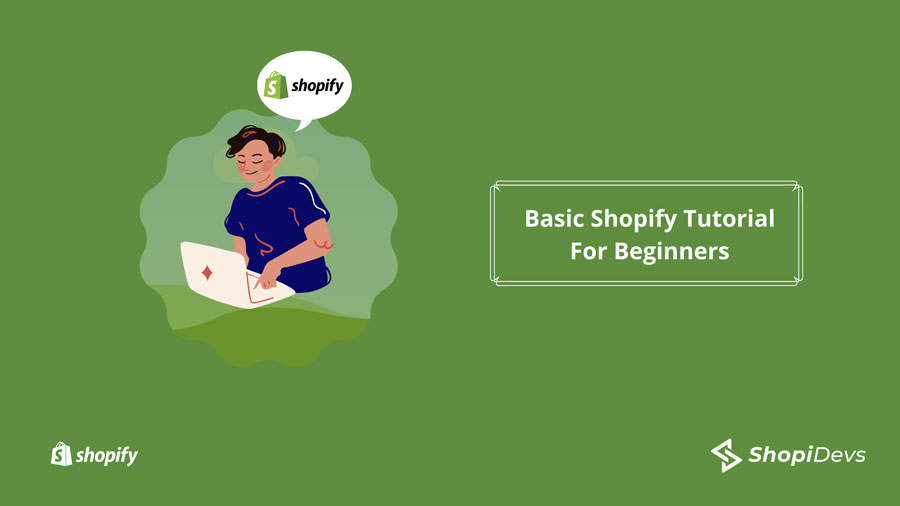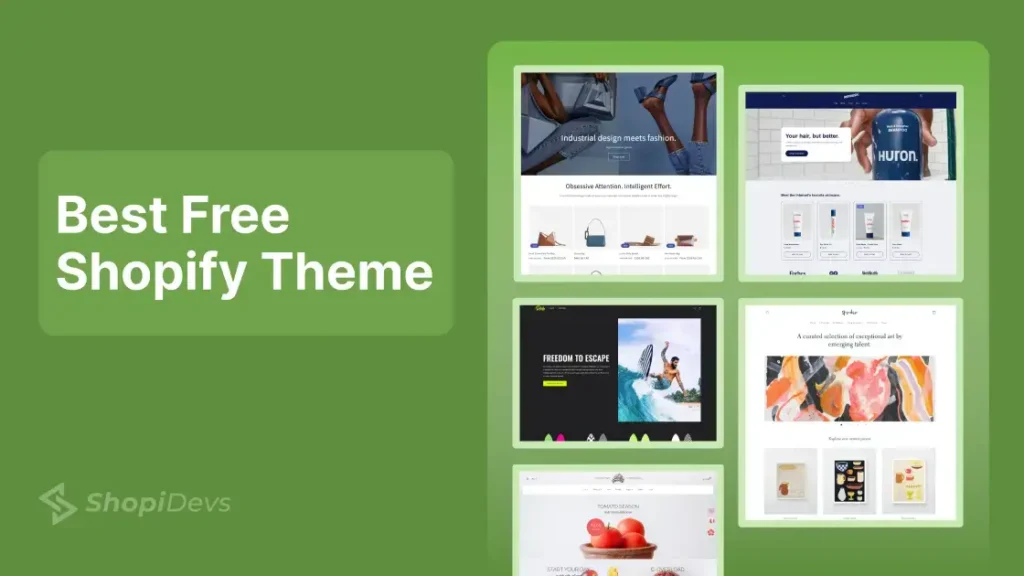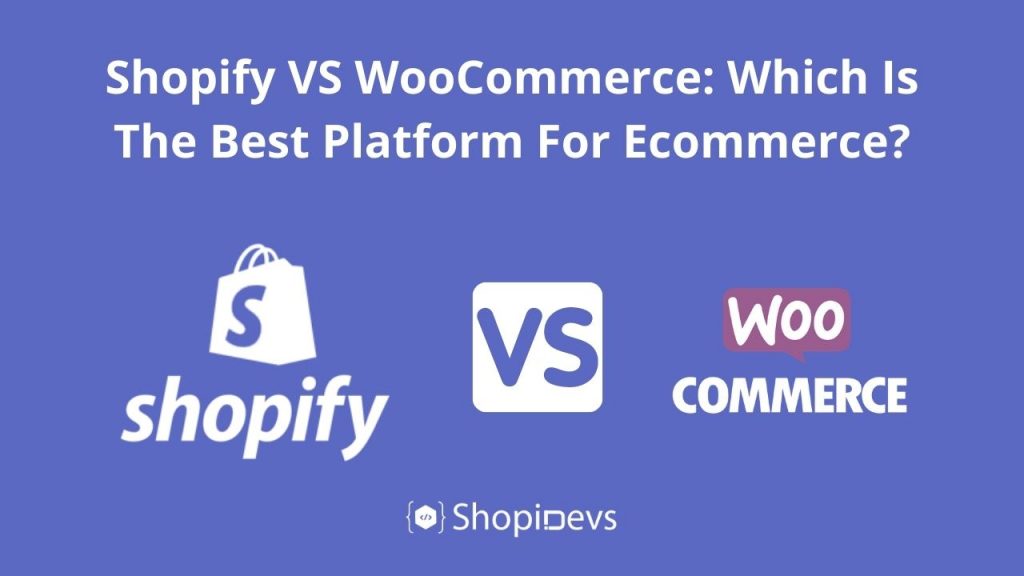Although using Shopify is much easier than other website-building platforms, you must know the basic guideline for launching a Shopify store. To ease your new journey, today I am providing you the basic Shopify tutorial for beginners.
Whether you are going to launch a new online store or change the current platform of your website, you can choose Shopify as your website building platform. Shopify is a website-building platform that comes with all necessary tools built-in so that users can enjoy a seamless experience. In fact, this platform is specially designed for eCommerce websites. In short, it’s a platform that every beginner desires to have so that they can build their online stores without any trouble.
So, let’s begin the basic Shopify tutorial for beginners.
1. Start with a solid plan
Planning can be considered as the basis of your action. If you have a solid plan, it will be easier for you to perform your action accordingly. As you are looking for the basic Shopify tutorial for beginners, there is a chance that you do not know much about the platform.
First, do a little research on Shopify to know that how it works, why it is good for the eCommerce stores, and all other questions that come to your mind. It will help you to make an effective plan for your online store considering the unique features of the platform. Moreover, if you want to know the benefits of using Shopify over other website-building platforms, you can check the benefits of Shopify over WordPress later. For the time being, you need to focus on the basic Shopify tutorial for beginners.
Planning is not like other activities, you can do it while lying down on your bed. It is always better to give your plan a form. You can simply write down the activities you need to perform sequentially. You can also write details about the activities if it’s necessary. Having a written plan will work as a guideline throughout your journey and help you measure your progress.
2. Select a name for your store
Your store name will represent your brand to everyone. You must be more careful picking up a name for your store. Do not forget to check whether the name you pick for your store is available for the domain or not. What can be more painful than when you select a name that perfectly represents your brand and ends up knowing that the domain is already taken.
If you get the name for your store and the domain is available, it’s time to purchase it without any delay. You can purchase it from Shopify or a third party such as Namecheap. Getting a domain through Shopify may be a little bit expensive but you will get relief from struggles involving linking domains in your Shopify hosting.
3. Create a Shopify account
It’s probably the easiest part of the whole process of launching your online store following the basic Shopify tutorial. Go to the Shopify website and click on start free trial. Put your email address, password, and store name, then click on create your store. Later, you will see pages where Shopify will ask about you, your address, and some other information. Just fill up the information and you are all set.
Hurray! You just created your Shopify store. Now you can enjoy the 14-day free trial of Shopify.
4. Choose and customize the theme
Shopify theme library consists of a bunch of free and paid themes, you will definitely find themes that can be more suitable for your business. You should not just choose a theme based on its looks or someone’s recommendation. Every theme comes with a pre-created website design that you can use for your store or you can customize the theme. As you are a beginner, I will recommend you not to go for theme customization by yourself. Customizing Shopify themes is not essential for everyone as Shopify themes are responsive and designed to ensure the best user experience. sometimes customizing Shopify themes can backfire on the store owner.
If you still want customization in your theme, you better hire a professional to do it for you. Sometimes people with no prior knowledge go for customizing the themes by themselves and end up regretting their decisions.
5. Create necessary pages
As you are running a full functi0ning store, you will require to create some necessary pages such as about, shipping policy, contact us, and so on. When a customer visits your website and interested to purchase from your store, they want to know more about the business. You should have a decent “About Us” page so that customers can know more when they are interested in your products. It’s the best way to educate your customers about your brand and create credibility in customers’ minds. Thus, necessary pages should be created in order to serve your customers properly.
You may also read: 5 Best Shopify Email Marketing Tools for Online Business
6. Optimize store’s settings
There are various kinds of settings you need to optimize before launching your store. Shopify is enabled with all the necessary facilities that an eCommerce site needs. In order to run a fully functioning eCommerce store, you need to ensure that you have optimized all the settings of your store. These settings are needed to be optimized properly-
- General settings
- Legal settings
- Checkout settings
- Payment settings
- Shipping settings
7. Add products and create collections
Adding products to the Shopify store will be an exciting part of your journey. Adding products does not have any difficult process to follow. Just go to product and then click on add product. Now you have to fill up all the necessary information about your products such as title, description, price, images, shipping options, and many more.
Collections help you to showcase similar products based on tags, types, vendors so that customers can easily find them in one place. It’s a win-win situation for both the Shopify store owners and customers.
8. Add apps that you need
When you are setting up your store, you may miss some features that you need to add to your store. As the Shopify app store is enriched with various apps, you do not have to struggle to find your desired apps. From the very beginning of your journey, you may need some apps that can help you to design your store such as Slider Revolution. Later, you may need other marketing, SEO, or analytical apps to operate your business successfully.
9. Select a Shopify plan
With the creation of a new account in Shopify, you can enjoy a 14-day free trial. You can start setting up your store from day one, but you cannot go live or sell your product until you purchase a monthly plan. Shopify has three different monthly plans, you must choose a plan in order to live your store. With the selection of a monthly plan, you have removed the password from your store. Now your store is live.
10. Launch your store
Congratulations!
You have just launched your very first Shopify store from the scratch. Now you can let the whole world know about your store and reach the maximum potential of your business.
To Conclude, I had decided to write this basic Shopify tutorial for beginners as they need proper guidelines in the initial stage of their journey. I tried to make it simple so that everyone without any prior knowledge regarding Shopify can follow the steps easily. I believe this article will be a very useful resource for beginners. By following these 10 easy steps of the basic Shopify tutorial for beginners, everyone can launch their very first Shopify store.
I’m a digital marketing expert and mobile app developer with a deep understanding of Shopify App Store optimization. I contribute insightful articles on Shopify to help businesses thrive online.



